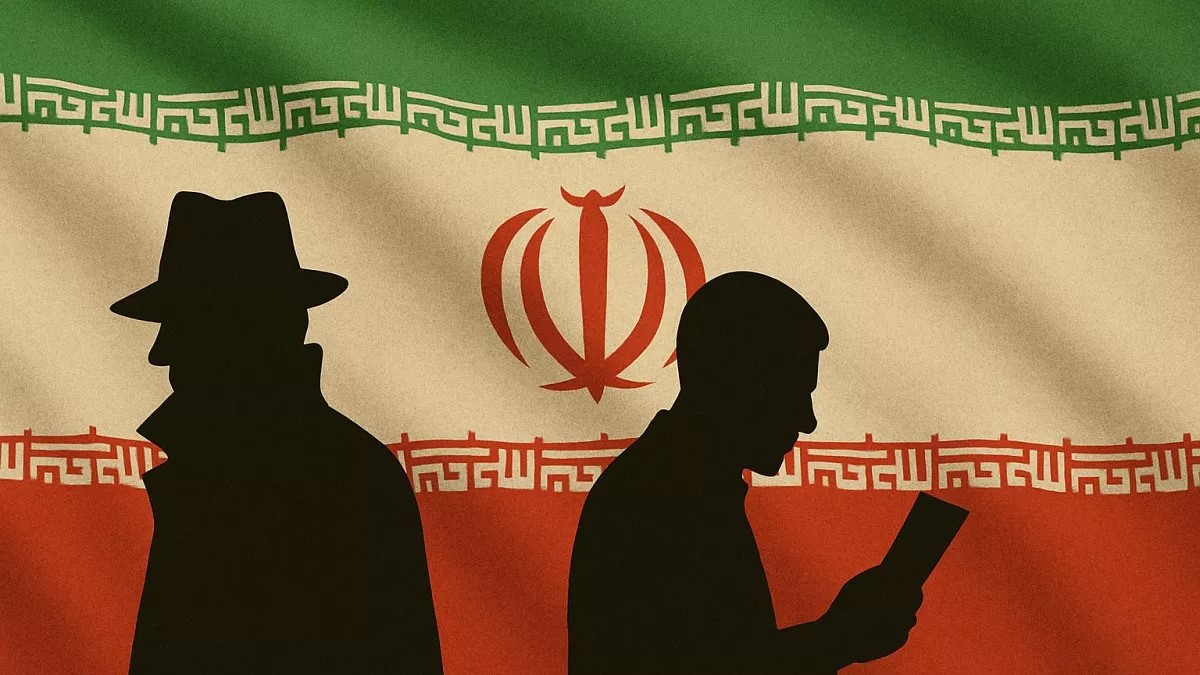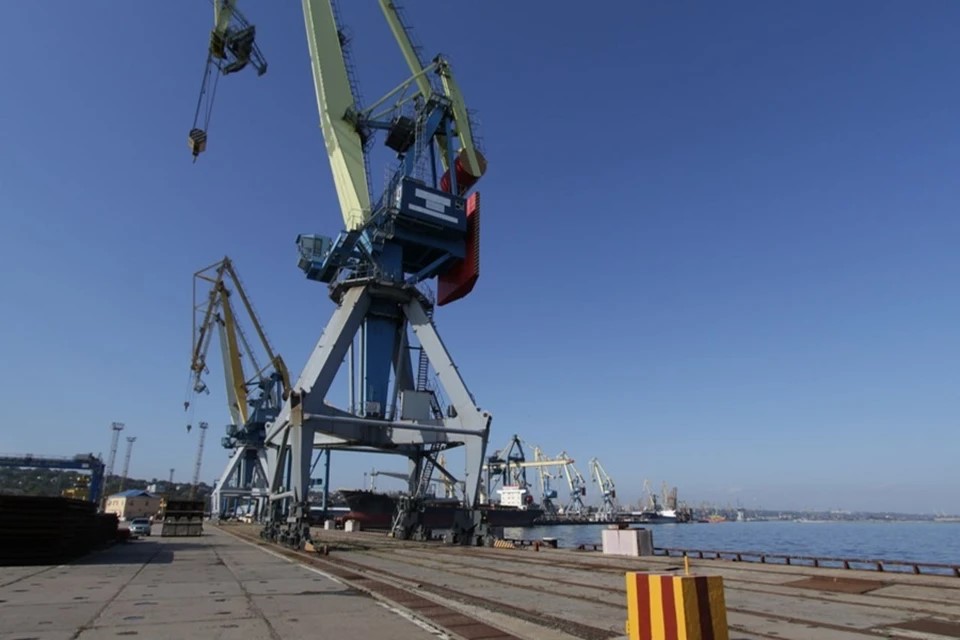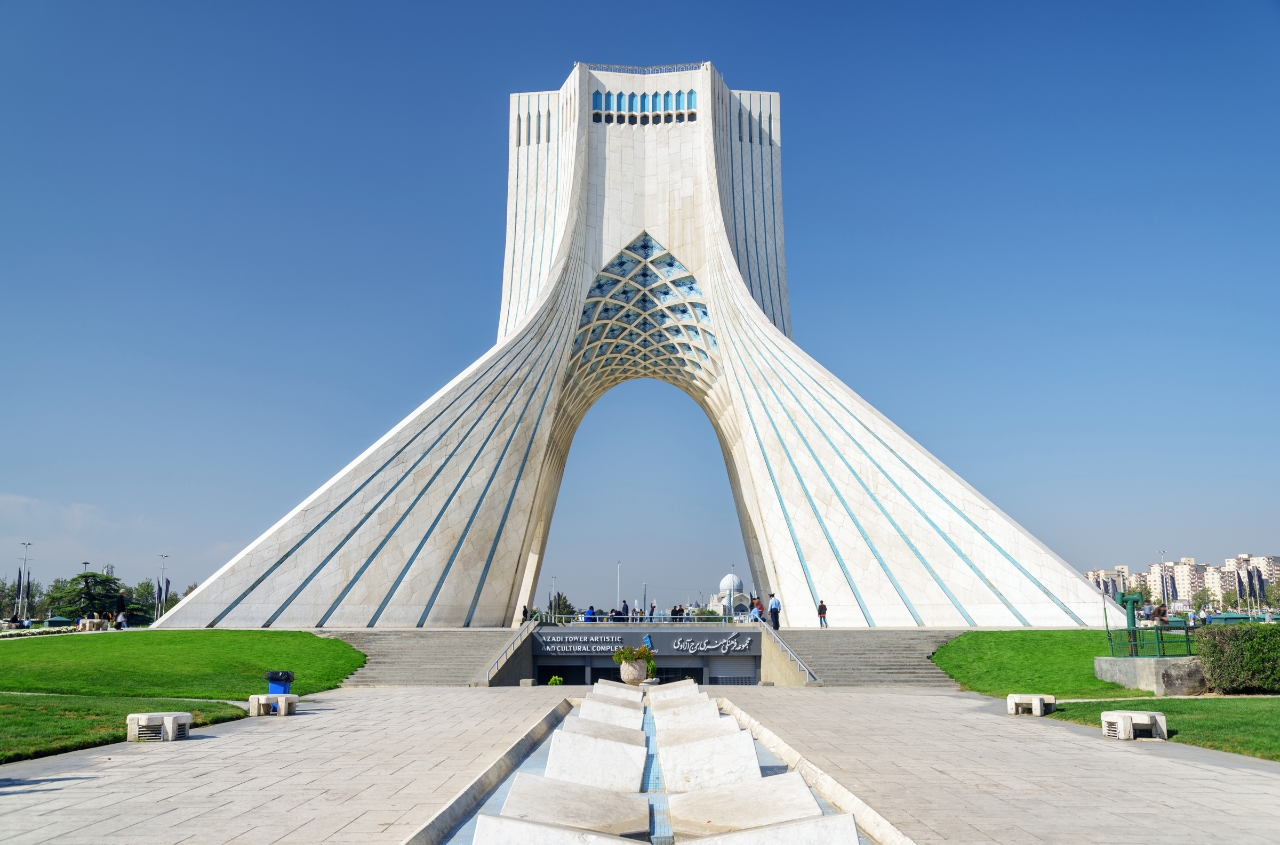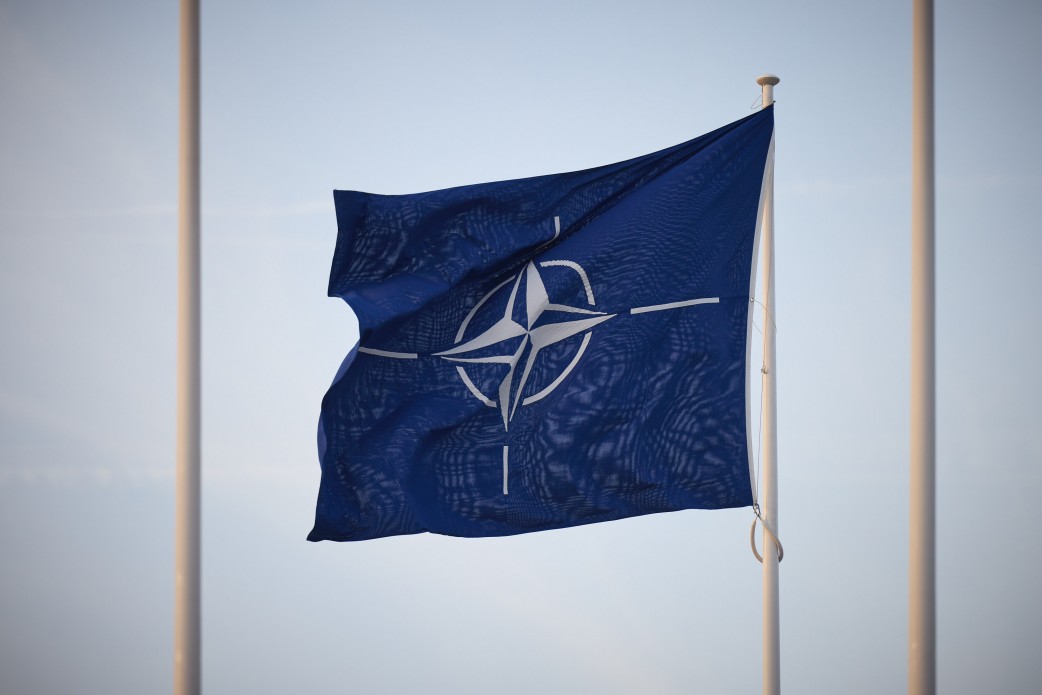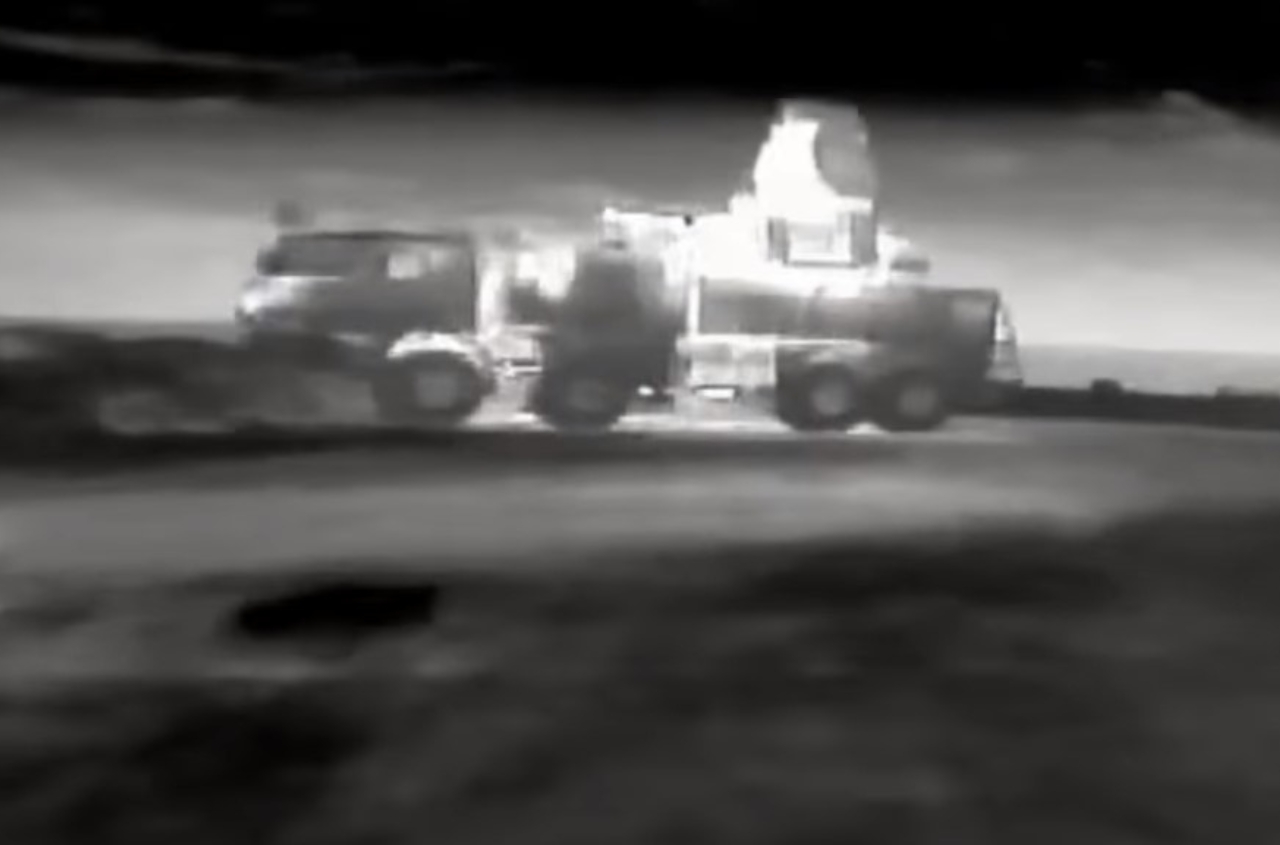Despite public rapprochement, relations between Russia and Iran are riddled with distrust and covert rivalry. Both countries, despite economic cooperation, view each other more as potential adversaries than reliable allies, evidenced by mutual espionage and conflicting geopolitical interests.
In June 2025, during a 12-day conflict between Iran and Israel, Seyyed Mohammad al-Sadr, a member of Iran’s Expediency Discernment Council, accused Russia of providing Israel with intelligence on the locations of Iranian air defense systems. According to him, this exposed the futility of a “strategic alliance” with Moscow.
“Russia condemned Israel’s attack on Iran only in words, but in fact facilitated it,” Sadr stated.
This incident highlighted the fragility of a partnership where economic ties do not guarantee political loyalty.
Since 2022, Russia has invested heavily in Iran, becoming the largest foreign investor in the Islamic Republic by 2024. In 2023, Russian investments totaled $2.7 billion, and Moscow pledged another $8 billion to the oil and gas sector. A Russian nuclear power plant operates in Bushehr, its second phase is under construction, and a thermal power plant is being built in Hormozgan province. Russian oil company ZN Vostok is active in Iran, and promising projects include the Rasht–Astara railway, financed by Russia, and a gas pipeline through Azerbaijan.
However, these ambitious plans are now at risk. Historical mistrust, reinforced by contemporary conflicts of interest, makes the “alliance” between the two regimes illusory. Moscow is losing not only Iran but also its status as a global player in the Middle East.
